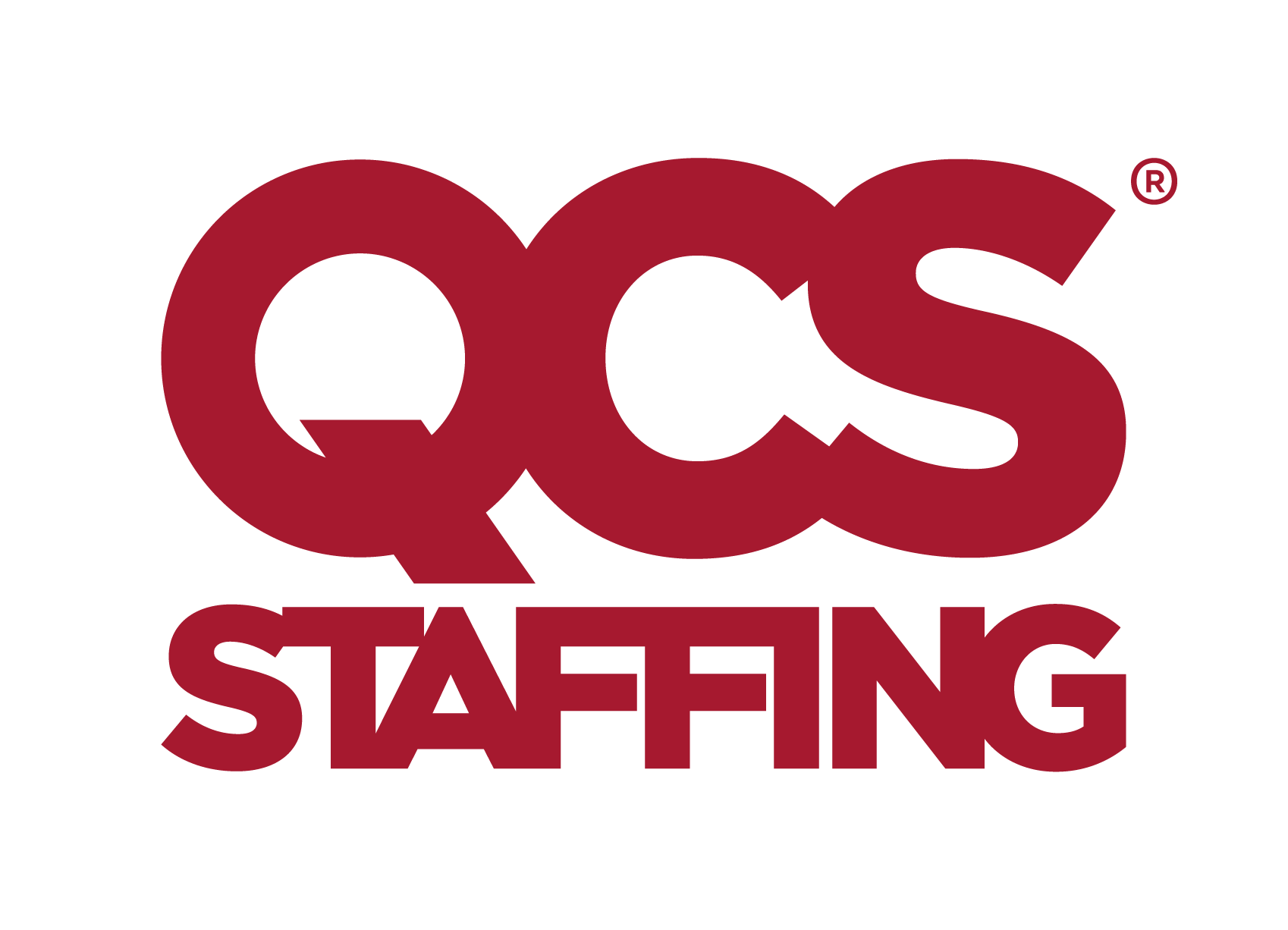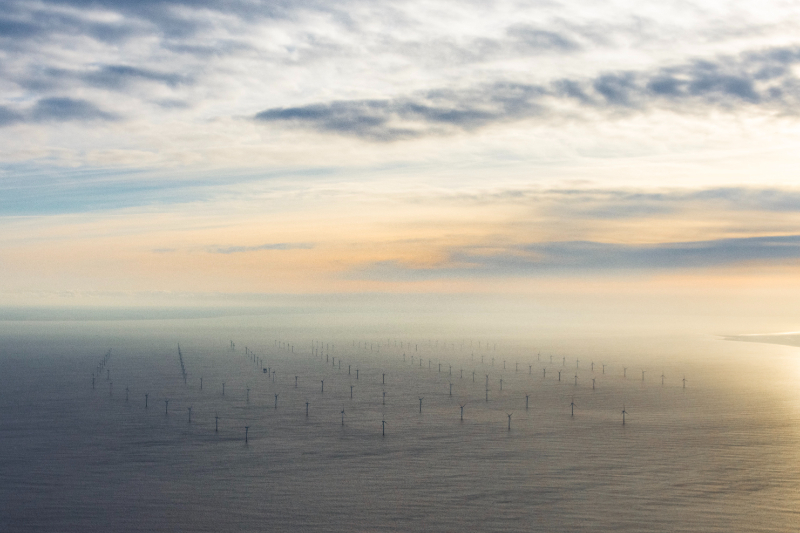Are floating wind farms the next big thing in the UK's renewable energy industry?
The renewable energy industry is growing in leaps and bounds, which is good news for those eager for a greener, more sustainable future. From solar energy to bioenergy, scientists and engineers are working hard to provide the best, most cost-effective energy solutions. A more recent innovation is floating wind farms. Several countries are racing to build wind turbines that float on the open sea, America and the UK included.
In fact, many countries already have many thriving offshore wind farms, with the UK being home to the largest: Hornsea One. This renewable energy source has a total capacity of 1.2 GW and encompasses 174 turbines. The farm forms part of the UK government’s strategy to make 95% of electricity low carbon by 2030 and has ascertained the country’s status as an industry leader.
Suffice it to say, this form of renewable energy is set to be the next best thing for the UK for multiple good reasons:
Sustainability
For an energy source to be truly sustainable, it must be environmentally, socially, and economically friendly. Floating wind farms tick all these boxes.
To start, the construction of offshore turbines doesn’t have a significant or harmful impact on the ocean floor. Interestingly, some are even helping to form artificial reefs, offering a new habitat for marine life.
A second advantage is that they are less of an eyesore. Ocean turbines aren’t disruptive to coastal landscapes and do not taint scenic views.
Last, there are no carbon emissions or pollutants to harm the water or atmosphere.
Greater energy generation
Offshore wind speeds are typically faster than inland speeds. This means that floating wind farms will generate more energy than inland turbines. Plus, floating turbines tend to be steadier than on land, which also makes them a more reliable energy source. Many offshore turbines are built with three-line mooring systems that reduce fatigue and damage to further ensure the continuous production of wind-generated energy. Not only will this benefit coastal towns, but inland cities will start to reap a ripple effect.
Economic benefits
Not only will floating wind farms help increase and support sustainable living, but UK residents will also be able to enjoy reduced energy bills once the power source is brought to several homes and businesses. Furthermore, the government will increase its independency and secure economic status by creating thousands of renewable energy careers that help complete greener and better economic living.
More than one thousand renewable energy jobs have already been created in Ireland alone, and it’s predicted that this number could increase to 20,000 by 2040. This estimate supports Renewable UK’s report that suggests the sector will employ over 97,000 people in the UK by 2030.
Looking for a job in renewable energy?
There are exciting times ahead for the renewable energy sector, and with QCS Staffing’s help, you can be a key player in shaping a greener, better future.
QCS Staffing is a life sciences and renewable energy recruitment agency with a solid network of international contractors. Our goal is to connect the best candidates to the best roles so that several renewable energy solutions are conceptualised and brought into effect.
Does this sound like something you’re interested in? Browse our current list of renewable energy jobs and start your career today. We also invite you to contact us for more information; we’ll gladly be of assistance.






.png?v=80a0421a8ae621e572ffffe39c6613df)
